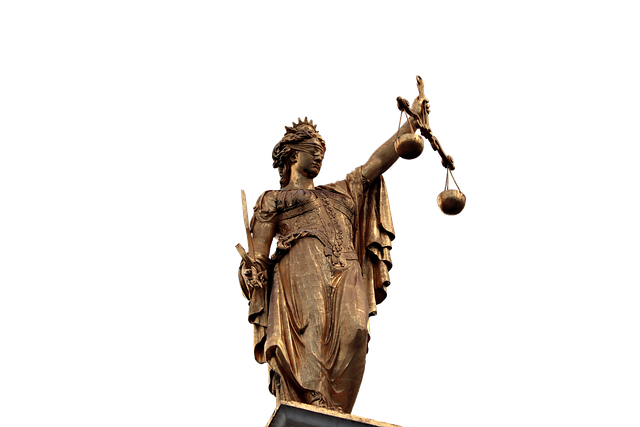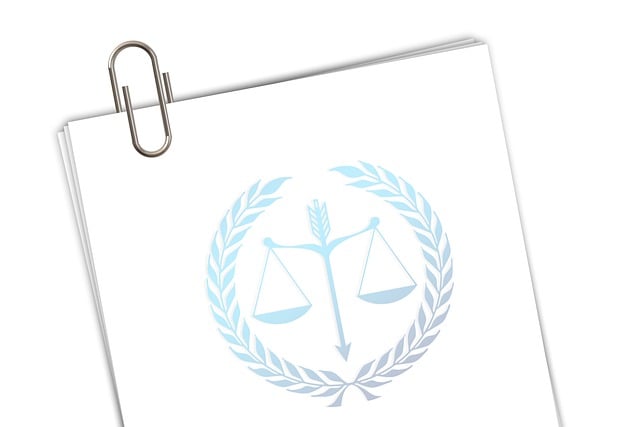Recent changes in Securities Regulation Laws significantly enhance whistleblower protection, fostering transparency and accountability within corporations. These reforms streamline reporting of illegal practices, offer greater career security for whistleblowers, and encourage collaboration between regulators and informants, ultimately upholding market integrity through effective enforcement actions against offending companies.
Whistleblower protection lawsuits are a critical aspect of maintaining integrity within corporate and financial sectors. With recent changes in securities regulation laws, understanding these protections is more vital than ever. This article delves into the evolving landscape of whistleblower laws, exploring key components such as bringing lawsuits, market impacts, and recent amendments in securities regulations. By examining these factors, we uncover how whistleblowers contribute to transparency and accountability, fostering a healthier economic environment.
- Understanding Whistleblower Protection Laws
- Recent Changes in Securities Regulation
- Bringing Lawsuits: The Legal Process
- Impact of Whistleblower Protections on Markets
Understanding Whistleblower Protection Laws

Whistleblower Protection Laws have evolved significantly over time, with recent changes in Securities Regulation Laws further strengthening safeguards for individuals who expose corporate wrongdoing. These laws are designed to encourage employees to report illegal activities within their organizations without fear of retaliation, which is crucial for maintaining integrity in high-stakes cases. Understanding these protections is vital as they extend throughout all stages of the investigative and enforcement process, ensuring that whistleblowers can play a critical role in uncovering corruption without putting their careers or personal safety at risk.
The changes reflect a broader trend to foster transparency and accountability in corporate America. By shielding whistleblowers from reprisals, such as firing or blacklisting, these laws not only protect individuals but also encourage the reporting of fraudulent activities that could harm investors, consumers, and the public at large. This is particularly significant in avoiding indictment for whistleblowers who choose to come forward, as the legal framework now provides clearer paths to anonymity and career protection.
Recent Changes in Securities Regulation

In recent years, there have been significant shifts in securities regulation laws, further empowering whistleblowers to come forward with crucial information. These changes are designed to encourage more transparency and accountability within corporations, specifically targeting high-stakes cases involving fraud and other illicit activities. The new regulations streamline the process for individuals to report illegal practices, providing greater protection for those who choose to expose corporate misconduct.
With these reforms, whistleblowers can now participate in all stages of the investigative and enforcement process, ensuring their voices are heard and their contributions recognized. This shift has led to increased collaboration between regulators and whistleblowers, resulting in more effective enforcement actions against offending companies. As a result, the recent changes in securities regulation laws have not only strengthened protection for whistleblowers but also enhanced market integrity overall.
Bringing Lawsuits: The Legal Process

In recent years, there have been significant changes in securities regulation laws, particularly regarding whistleblower protection. These modifications aim to incentivize and safeguard individuals who expose corporate fraud or malfeasance within their organizations. When a whistleblower decides to bring a lawsuit, they initiate a complex legal process. It involves navigating through multiple stages of the investigative and enforcement process, ensuring that all evidence is meticulously documented and presented in a court of law.
The legal journey often begins with filing a complaint, followed by extensive fact-finding and legal research. Whistleblowers, for their clients, advocate fiercely for transparency and accountability. High-stakes cases demand meticulous attention to detail and strategic planning as they navigate the intricacies of financial regulations and legal precedents. This process not only seeks justice but also serves as a deterrent against future corporate misconduct.
Impact of Whistleblower Protections on Markets

Whistleblower protection laws play a pivotal role in maintaining integrity within markets, especially in the realm of high-stakes cases involving complex financial schemes. These laws, with recent changes in securities regulation, have significantly strengthened the hands of individuals who expose fraudulent activities, enabling them to come forward without fear of retaliation or legal repercussions. This shift has had a profound impact on market stability and transparency.
By shielding whistleblowers from potential backlash, these protections encourage insider reporting of corporate crimes, including fraud, bribery, and environmental violations. Such disclosures are instrumental in ensuring accountability and deterring similar misconducts. Moreover, successful whistleblower cases often lead to substantial penalties for wrongdoers, serving as a deterrent to other organizations considering unethical practices. This dynamic fosters an environment conducive to ethical business conduct, enhancing the overall health of financial markets.
Whistleblower protection lawsuits play a crucial role in upholding transparency and accountability within markets. With recent changes in securities regulation laws, such as those outlined in this article, individuals who expose corporate misconduct now have stronger legal protections than ever before. Understanding these laws is essential for both whistleblowers and regulatory bodies to ensure the continued integrity of financial markets. The impact of whistleblower protections reverberates throughout the business world, fostering a culture of ethical behavior and encouraging folks to come forward with vital information.






